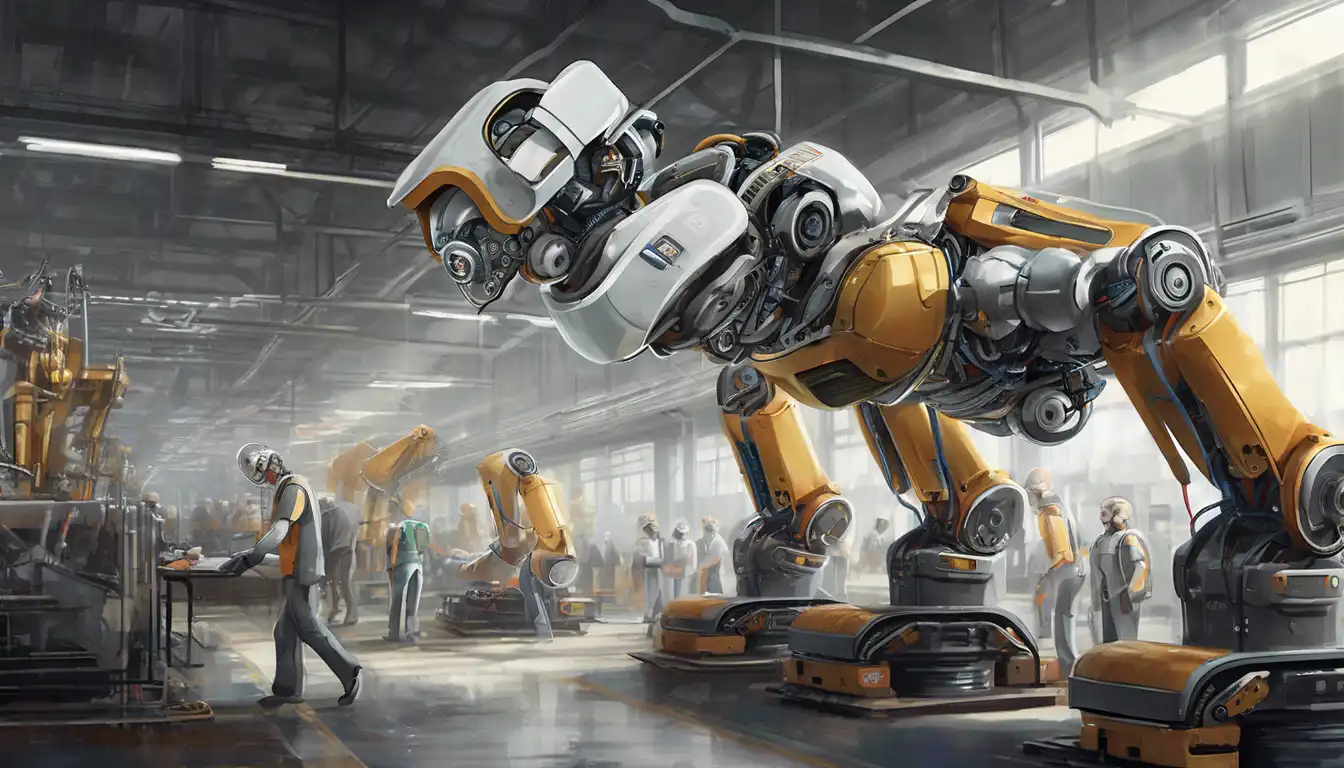The Revolutionary Impact of Robotics on Modern Manufacturing
In the ever-evolving landscape of industrial production, robotics has emerged as a cornerstone of innovation, driving efficiency, precision, and scalability to unprecedented levels. This transformative technology is not just reshaping manufacturing processes but is also redefining the future of work in the sector.
Enhanced Efficiency and Productivity
One of the most significant advantages of integrating robotics into manufacturing is the remarkable improvement in efficiency and productivity. Robots, with their ability to operate 24/7 without fatigue, have drastically reduced production times while maintaining consistent quality. This relentless efficiency is enabling manufacturers to meet the growing demands of the global market more effectively.
Precision and Quality Control
Robotics technology brings unparalleled precision to manufacturing processes. With advanced sensors and programming, robots can perform intricate tasks with minimal errors, ensuring high-quality output. This level of precision is particularly crucial in industries where even the slightest deviation can lead to significant product failures, such as in aerospace and medical device manufacturing.
Cost Reduction and Scalability
While the initial investment in robotics can be substantial, the long-term savings are undeniable. Robots reduce labor costs, minimize waste through precise operations, and lower the risk of workplace injuries. Moreover, robotics offers scalability, allowing manufacturers to easily adjust production levels in response to market demands without the need for extensive human labor adjustments.
The Future of Manufacturing with Robotics
As robotics technology continues to advance, its role in manufacturing is set to grow even more pivotal. Innovations such as collaborative robots (cobots), which work alongside human workers, and AI-driven robots, capable of learning and adapting to new tasks, are opening up new possibilities for smart factories. These developments promise to further enhance productivity, flexibility, and innovation in manufacturing.
For those interested in exploring how robotics is shaping other sectors, check out our article on The Role of AI and Robotics in Healthcare.
Conclusion
The integration of robotics into manufacturing is not just a trend but a fundamental shift in how products are made. By embracing this technology, manufacturers can achieve higher efficiency, better quality, and greater competitiveness in the global market. The future of manufacturing is here, and it is robotic.
